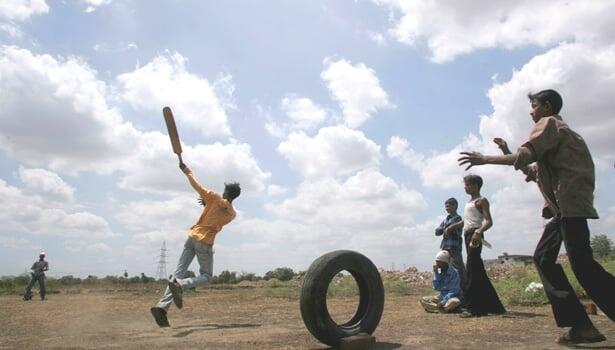By Dr. Babatunde Osotimehin
A social media revolution is unfolding before our eyes, forever changing the way we connect. I see this whenever I travel; the young boys of Lagos preoccupied with their cell phones; a young girl tweeting from a health-care clinic in Bogota; a young Liberian nurse taking notes on an iPad. I also see how my own children connect with friends on Facebook.
At the same time, we are living in a world faced with huge social challenges. Last year, the world reached a historic milestone with seven billion people, 1.8 billion of which are youths aged 10 to 24. And of this young population, 90 per cent live in developing countries. This generation, the most interconnected generation ever, continues to grow rapidly and the challenges they face are ever more daunting. About half of all young people survive on less than two dollars a day. More than 100 million adolescents do not attend school. Every year, 16 million adolescent girls become mothers. Almost 40 per cent of the 6,800 new HIV infections each day are among young people. And every three seconds, another girl is forced or coerced to marry.
All this, and I cannot help but be optimistic when I see the commitment of young people around the world. Over the next decade and beyond, if we are to solve the most pressing issues of our time, we need to tap into the dynamism of youth movements and young social entrepreneurs, for they have the potential to disrupt inertia and be the most creative forces for social change. We need to ask ourselves: how can we – UN Agencies, governments, the private sector, NGOs, academia – empower the youth to drive social progress in the developing world through new and innovative projects?
As Executive Director of UNFPA, it is my vision to deliver a world where the potential of each young person is fulfilled. For this to be achieved, we must first address the widespread misconception that young people shouldn't have a say when it comes to dealing with the world's problems. It pains me to see how young people, particularly those living in poverty, are treated as recipients when, in fact, they often know best what is best for themselves.
UNFPA has a long track record of creating innovative projects in collaboration with youth organizations such as Y-PEER, a network of more than 500 non-profit organizations and governmental institutions, membership of which includes more than 30,000 young people working in the many areas surrounding adolescent sexual and reproductive health. We also work with the African Youth Network on Population and Development (AFRIYAN), which focuses on including youth participation in the fight against HIV/AIDS and other critical health and development challenges. One other example is our partnership with Restless Development, which has been working for nearly 30 years to place young people at the forefront of change and development in countries such as India, Sierra Leone, South Africa, Tanzania, and Uganda.
Other collaborative efforts include our work with the World Association of Girl Guides and Girls Scouts, the YWCA, Regional Youth Platforms and other networks. From crowd-sourcing initiatives and mobile projects to innovation jams and social media campaigns, we continue to learn from young, innovative change-makers.
Let me share with you some of the successful youth-led social media-driven projects we have supported.
Last year, UNFPA launched 7 Billion Actions, a global campaign for all of humanity. As part of this initiative, UNFPA hosted an Innovation Jam in Silicon Valley with SAP, one of the world's biggest software companies, and Ashoka, an NGO for social entrepreneurs. Young people, technology companies, academics and non-profit thought leaders were invited to find workable solutions to empower the global youth population.
At UNFPA, we are also proud of our projects with Global Voices, a community of more than 500 bloggers and translators around the world. Last year, we commissioned young bloggers from across the globe to report on youth issues, with an emphasis on voices that are not ordinarily heard in international mainstream media.
In October, UNFPA and partners launched a global social media campaign on child marriage, coinciding with the first ever International Day of the Girl Child. The aim was to mobilize support for young girls and encourage them to share stories and images from their communities.
And finally, on 4-6 December 2012, UNFPA is co-hosting the Global Youth Forum in Bali, Indonesia, in partnership with UN agencies, youth, civil society and the private sector. Recognizing that young people are particularly receptive to social networks, more than 900 delegates will brainstorm on five crucial issues: health, education, employment, sexuality and civic participation.
I am always looking to partner with young social entrepreneurs. I welcome hearing your ideas on how we harness the vitality of young people to create a world where everyone counts.
This article is also available online at:
Copyright © 2012 by The Atlantic Monthly Group. All Rights Reserved.


